do newborn kittens twitch in their sleep
 Is It Okay For Newborn Kittens To Twitch In Their Sleep - newborn kittens
Is It Okay For Newborn Kittens To Twitch In Their Sleep - newborn kittensBlog Topics:9 Fun Facts about Feline Sleep If you share your house with a cat (or cats) like me, you know that cats sleep a lot. In fact, you can envy your cat sometimes while you work your way through your tasks and fold into a sun patch that comes through the window. Cats certainly seem to be the experts of the animal kingdom of sleep. 16 Hours per day Experts vary in how many hours a day most cats sleep. Some say 12 to 16 hours a day, while others say up to 20 hours of each 24. Each cat has its own routine, of course, and how much sleep will depend on its other activities. However, a good average is approximately 16 hours a day. Compare that to our 7 to 8 hour sleep measles per day. Cats have done it! Age makes a differenceChildren are more active than adult cats and yet they also sleep more. The difference is kittens, when you're awake, play fast and hard, and then sleep deeply. Many adult cats may be awake but only watching their world, keeping energy instead of using it, and as a result it does not need as much sleep as a kitten. The geriatric cats, those of their mid-to-late age, sleep longer hours every day than they did as a younger adult cat. A newborn kitten and an old cat, especially one with health problems, both can sleep up to 20 to 22 hours a day. The triggered dream is exercise If you have seen a kitten dream you may have seen your twitch legs or lash tail around and wondered what kind of dream a kitten without life experience could have. The kitten may be dreaming, but the most likely answer is that the kitten was having an activated sleep period. During this kind of dream the kitten will kick, masturbate, move your legs, tail, torso, head, and she can cry or whip. These movements help you develop muscle strength while sleeping. This type of dream is healthy and common in kittens, but gradually fades as the kitten matures. If you see kicking and sewing in an adult cat, she's dreaming. Cats need sleepWhen cats are active, either hunting (actually or pretending) or playing, they are fast, strong, and use a lot of energy. Not many creatures can pass from complete relaxation to a complete career in just a couple of heartbeats as a cat can. However, these rapid movements require a lot of energy, and cannot be maintained for a long time. Sleep helps the cat recharge its energy reserves. Different types of sleep If your cat seems to be sleeping while the house is active around it, it probably isn't sleeping. He's making or taking a cat nap. If you look closely, she'll tear her ears to a noise or open an eye only an opening when someone passes through the past. Although he's not sleeping, he's still keeping energy. Not volteal but crepuscular Most cat owners tend to refer to their cats as nighttime, which means the cat is awake and active at night. While cats can be more active at night than we usually are, cats are instead of crepuscular nature. This means they are more awake and active at dawn and at sunset. They tend to sleep more (and more deeply) during the midday and in the darkness of the night, but at dawn and sunset, they are awake, active, and hunt that mouse or favorite toy. Cats can sleep anywhere While most cats prefer a safe place for deep sleep, they can serve as a nap anywhere and at any time. My two cats tend to prefer comfort while sleeping and like a soft blanket or a cat bed, but on a hot day it is not unusual to see them stretched on the tile in the hallway where it is fresh. Some cats sleep in the bathtub. It is known that kittens sleep in a shoe, a boot or a bag. If a cat is tired, he will sleep anywhere at any time. Cats can be noisy The snore emanating from its significant other can bother you but the snore of a cat is frankly cute. When cats are in a deep and completely relaxed sleep, the soft palate can relax, so it causes the cat to make small sounds like noise. It's nothing to worry about, but instead it shows that your cat is in a deep sleep. Boredom relieved A cat that is bored is much more suitable to sleep than a cat with something fun to do. If you get bored, you can end up sleeping more than you need and that could lead to amateur muscles and weight gain. A cat tree to climb, some toys, and interaction with you will help keep your cat awake for more of your day. Cats are nothing if not adaptable; one of the reasons why they are such a popular pet. If you tend to be more active at certain times of the day, your cat can well adapt your activity and sleep habits to match yours. You can find her having a fast cat light nap near you but ready to wake up and interact with you as soon as time is right. Do not feel guilty if this happens; instead, enjoy your company. Meet the author: Liz Palika is a certified dog trainer and certified animal behavior advisor as well as the founder and co-owner of Kindred Spirits Dog Training in northern San Diego County. Liz is also the founder of Love in belt therapy dogs; her dog, Bones, goes on regular visits. A prolific writer, Liz is also the author of more than 80 books. Many of his works have been nominated or awarded by various organizations, such as the American Dog Writers Association, the San Diego Book Awards, the ASPCA and others. Liz shares her house with three English shepherds: Bones, Heroes and Seven, as well as an orange tabby cat with confidence and command, Kirk. To relax from work, or to take work on the road, Liz and her team travel west and PNW on their VR. If you see an RV on the road called "Travelin' Dogs", man and salute! Related Posts about the honest kitchencategory Shop —Empresa —Programs —Support —Sign up—

Is It Okay For Newborn Kittens To Twitch In Their Sleep - newborn kittens
/germany-newborn-kittens-sleeping-on-blanket-close-up-140882478-57d961f43df78c583396727b.jpg)
Kitten Development from Newborn to One Week

Is It Okay For Newborn Kittens To Twitch In Their Sleep - newborn kittens
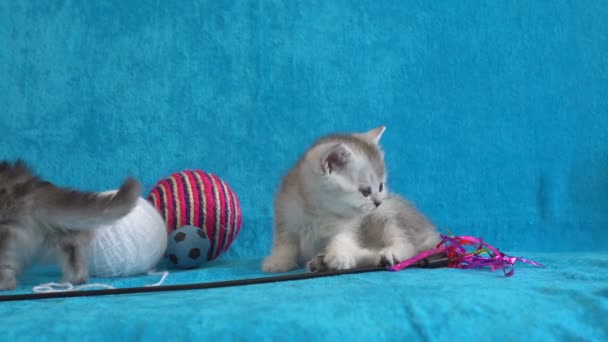
Is It Okay For Newborn Kittens To Twitch In Their Sleep - newborn kittens
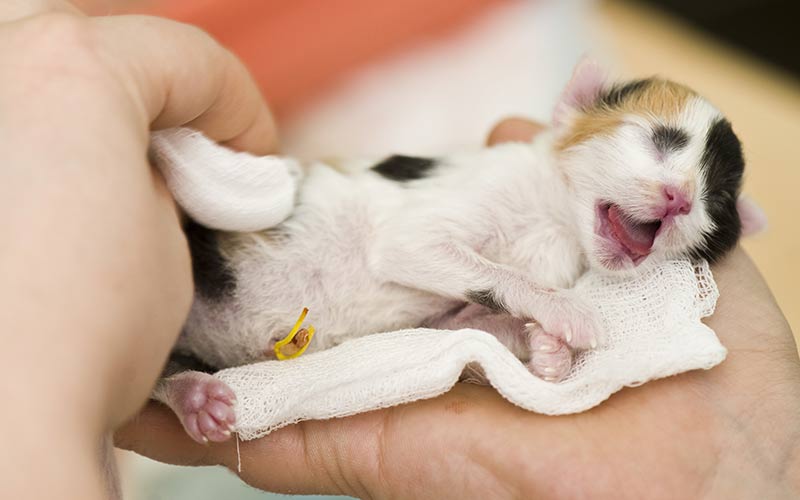
Newborn Kittens - A Complete Guide To Their Care And Development
/post-natal-cat-care-555416_V3-de29216d84b04323bad29f898a976578.png)
Post-Natal Care of a Cat and Her Newborn Kittens
:max_bytes(150000):strip_icc()/172821696-56a111da3df78cafdaa91877.jpg)
Is It Okay For Newborn Kittens To Twitch In Their Sleep - newborn kittens
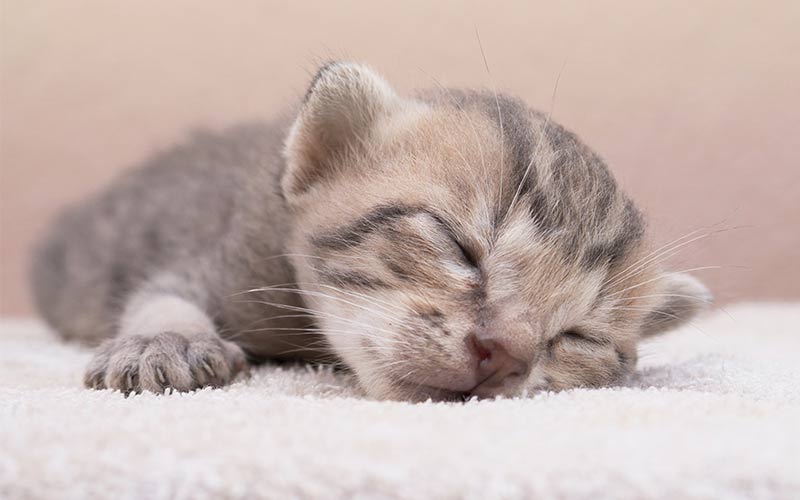
Newborn Kittens - A Complete Guide To Their Care And Development

Is It Okay For Newborn Kittens To Twitch In Their Sleep - newborn kittens
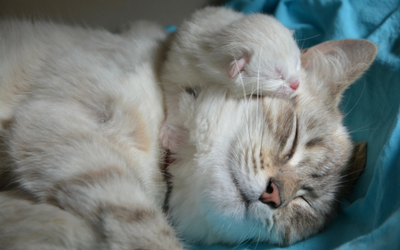
Raising Kittens | VCA Animal Hospital

New born kitten twitching in her sleep. So cute! - YouTube
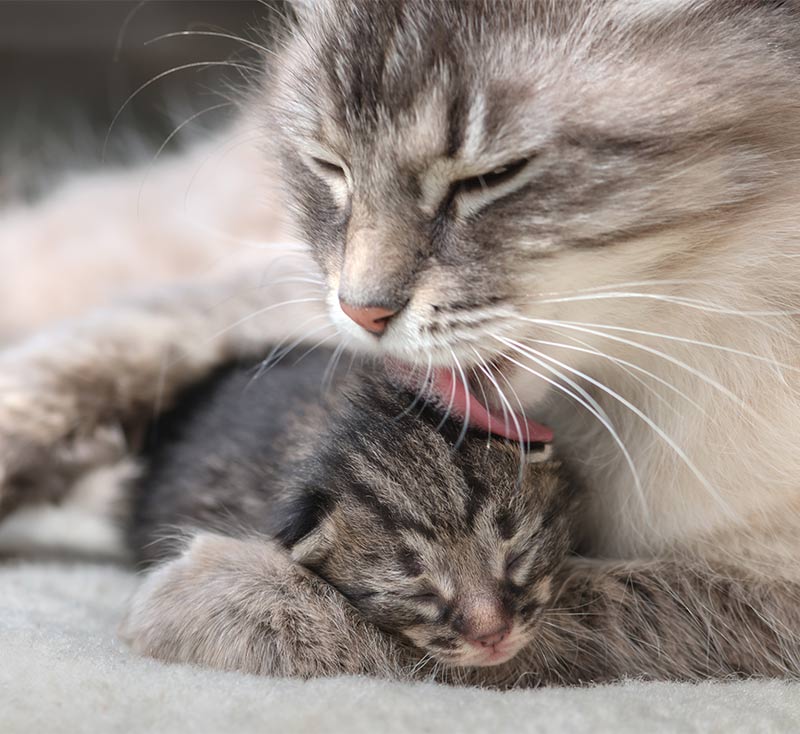
Is It Okay For Newborn Kittens To Twitch In Their Sleep - newborn kittens

9 Fun Facts about Feline Sleep | The Honest Kitchen Blog

Fluffy Kitten Twitches While Sleeping - YouTube

Why does my kitten twitch? - Quora
Orphaned Kittens - ALLEY CAT RESCUE
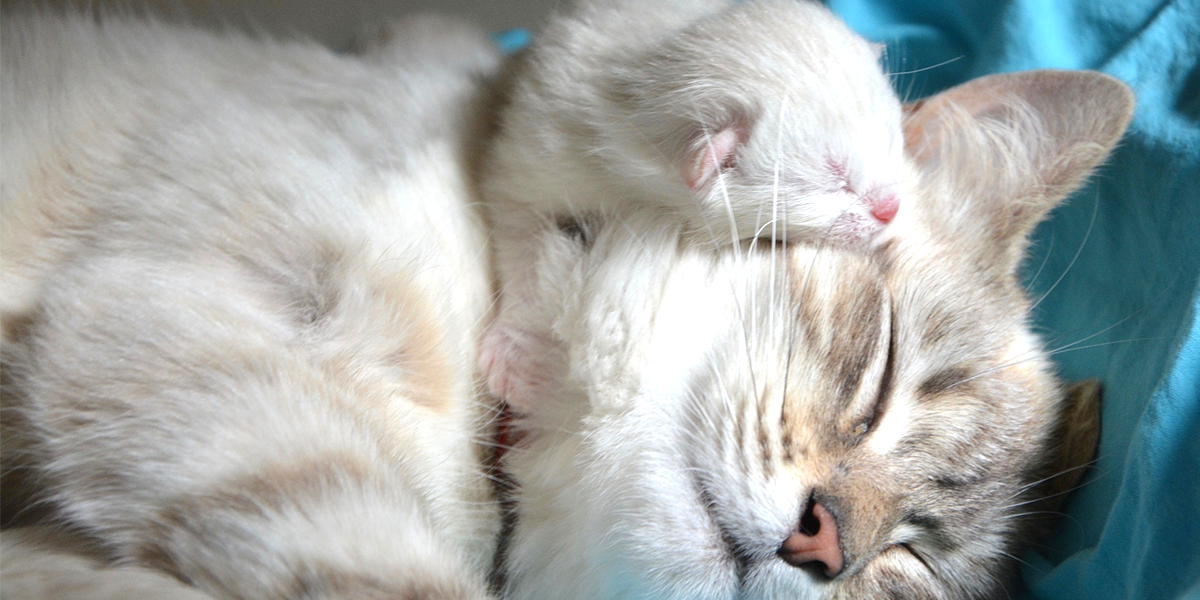
Difficult cat birth: when to wait and when to worry | International Cat Care
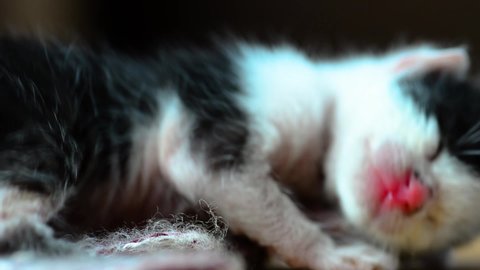
Is It Okay For Newborn Kittens To Twitch In Their Sleep - newborn kittens
Newborn Kitten Care | Ask The Cat Doctor

Little Cute Newborn Kitten Sleeping Stock Footage Video (100% Royalty-free) 1033881614 | Shutterstock

Our 15 Favorite Facts About Kittens | BASEPAWS Kittens
/Kitten-GettyImages-535429254-58fae68d5f9b581d59a1466e.jpg)
How to Treat Fading Kitten Syndrome
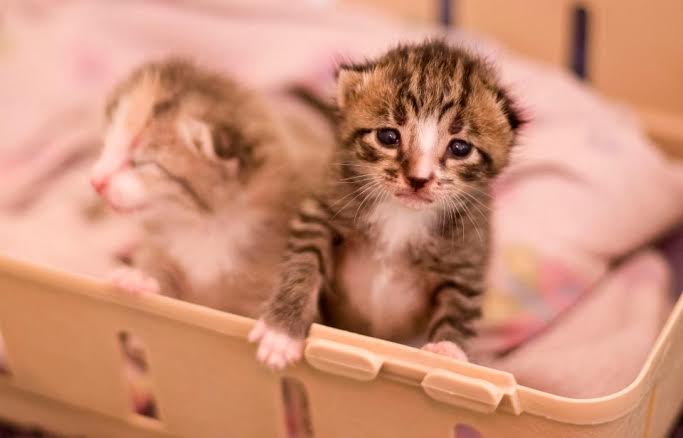
10 Crucial Steps to take to Save an Abandoned Newborn Kitten
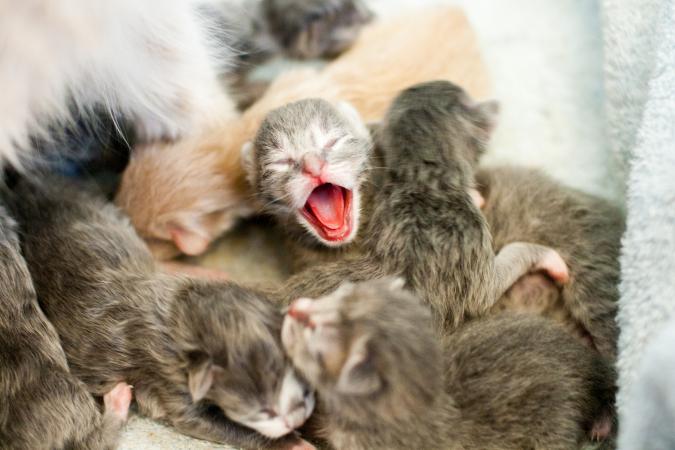
What to Expect With Newborn Kittens | LoveToKnow
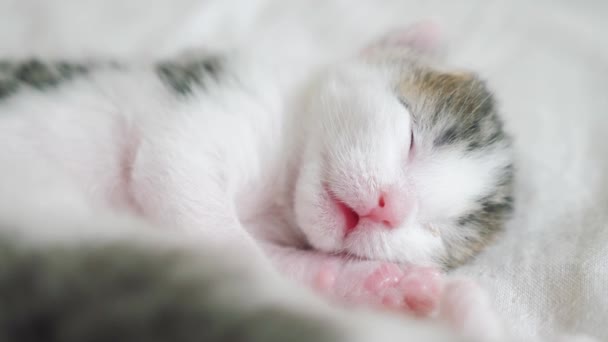
Little cute newborn kitten sleeping on lifestyle the bed. little kitten sniffs and twitches in a dream tossing and turning — Stock Video © maxximmm1 #276994838
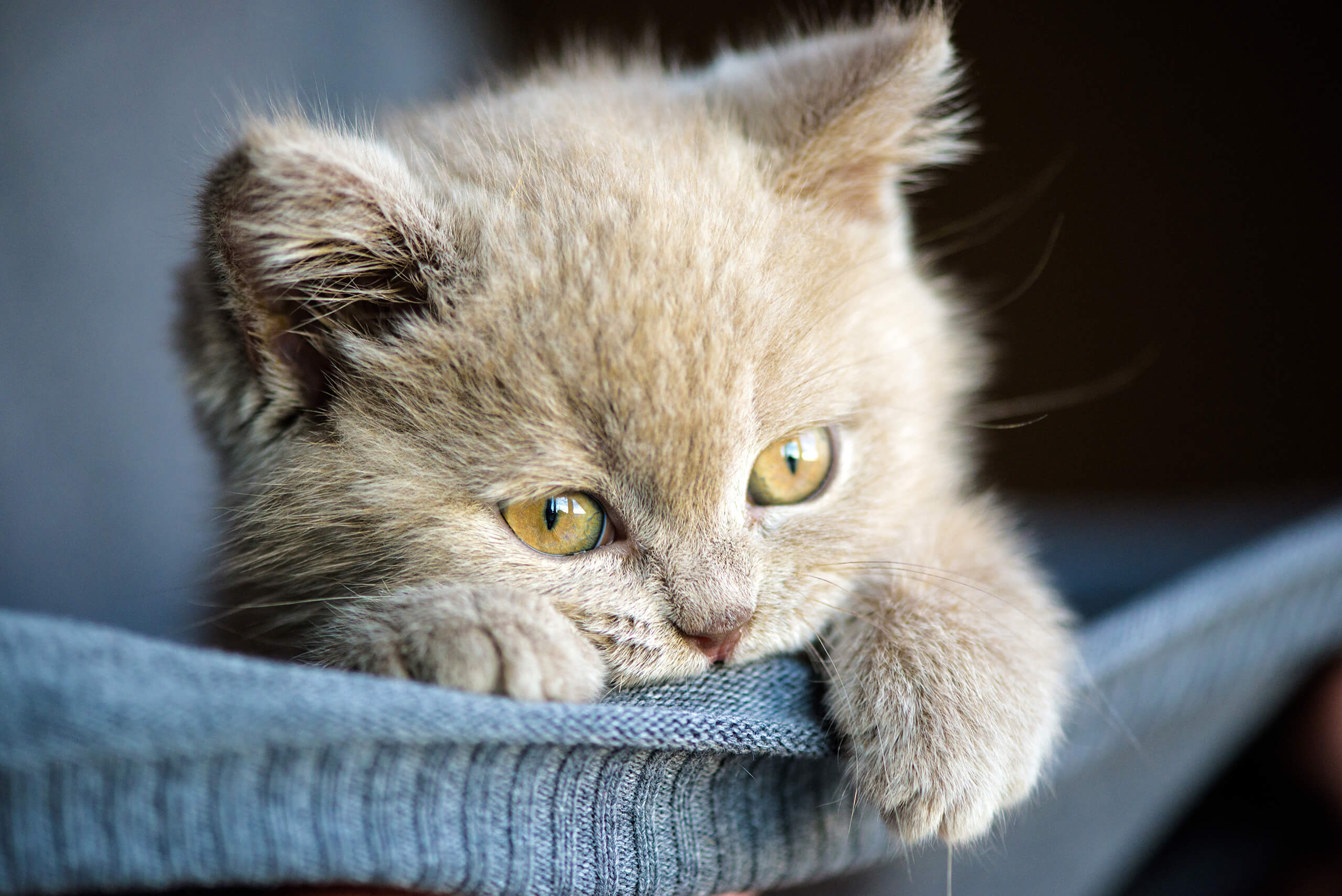
Kittens: What you should know about getting and raising one | Cat's Best
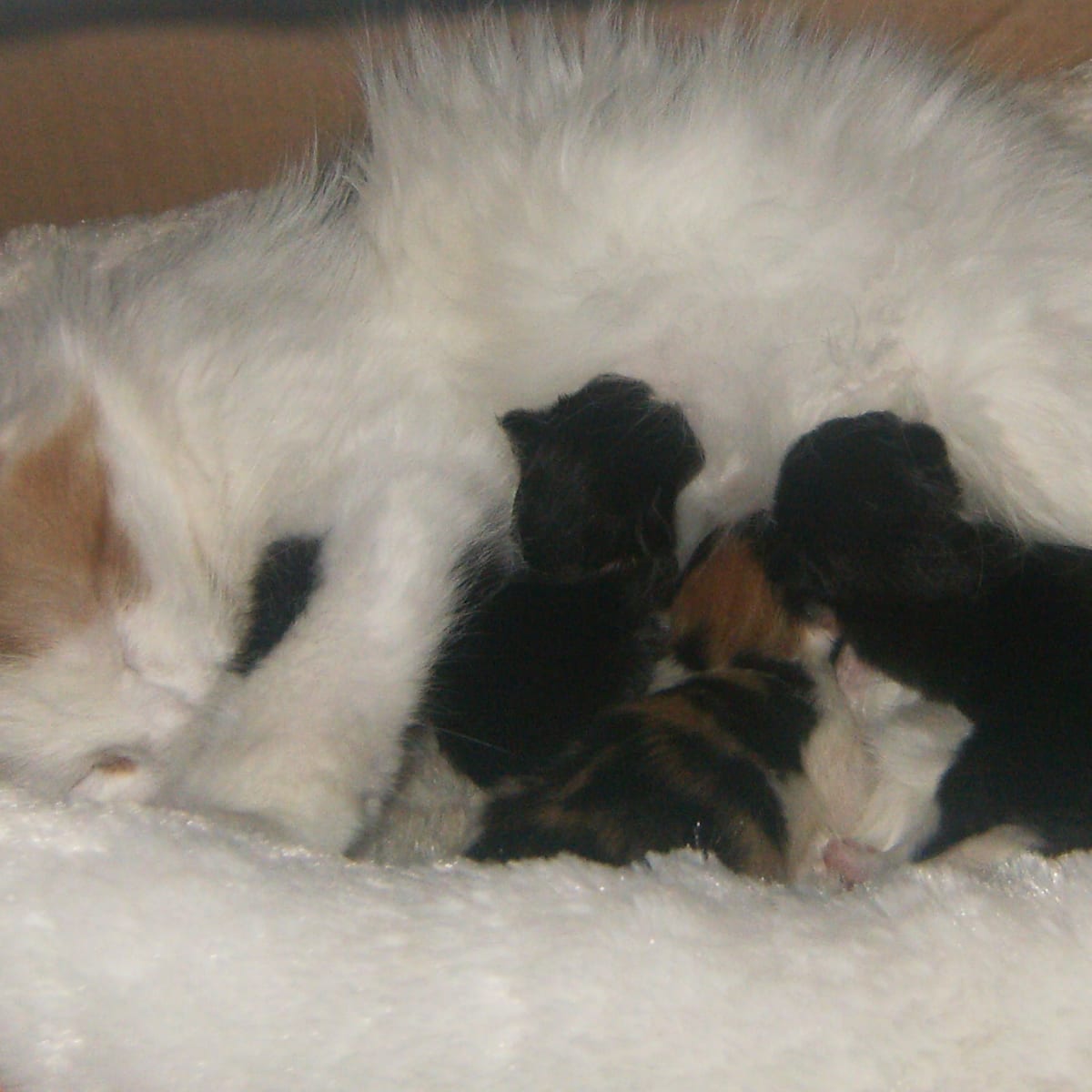
Newborn Kittens: What You Need to Know - PetHelpful - By fellow animal lovers and experts

Newborn Kitten Care | Ask The Cat Doctor
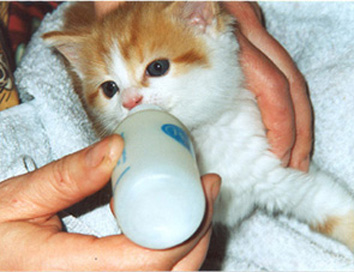
Hand-rearing kittens | International Cat Care
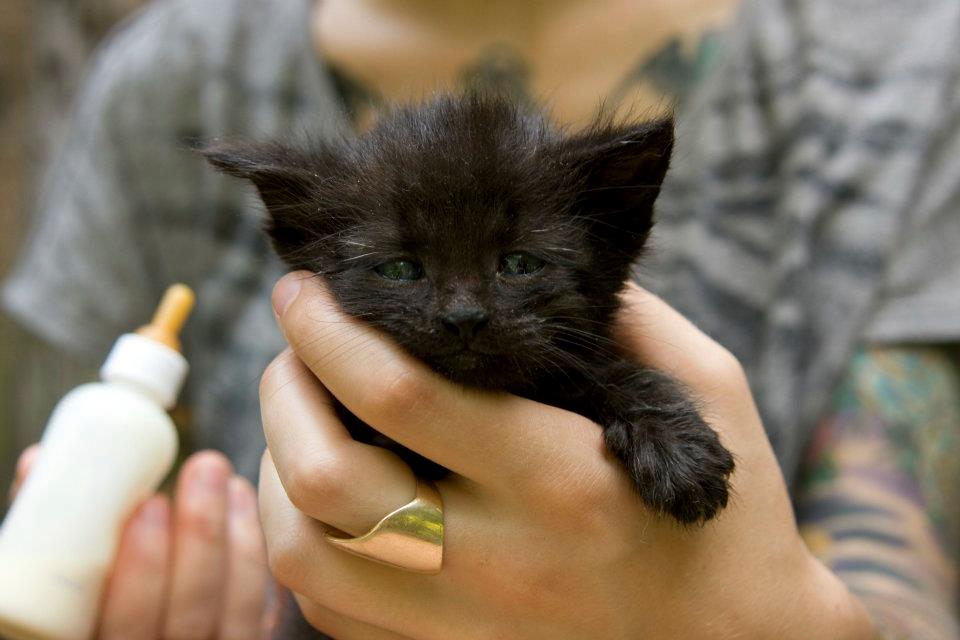
10 Crucial Steps to take to Save an Abandoned Newborn Kitten
Twitching In Sleep: Seizures or Dreaming? | Life with Cerebellar Hypoplasia Cats
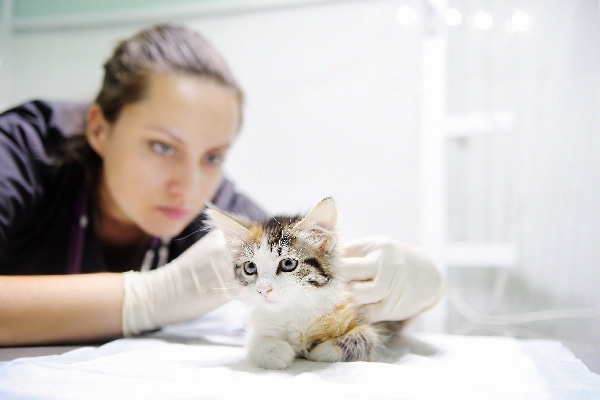
What Is Fading Kitten Syndrome and Why Do So Many Foster Kittens Die From It? - Catster
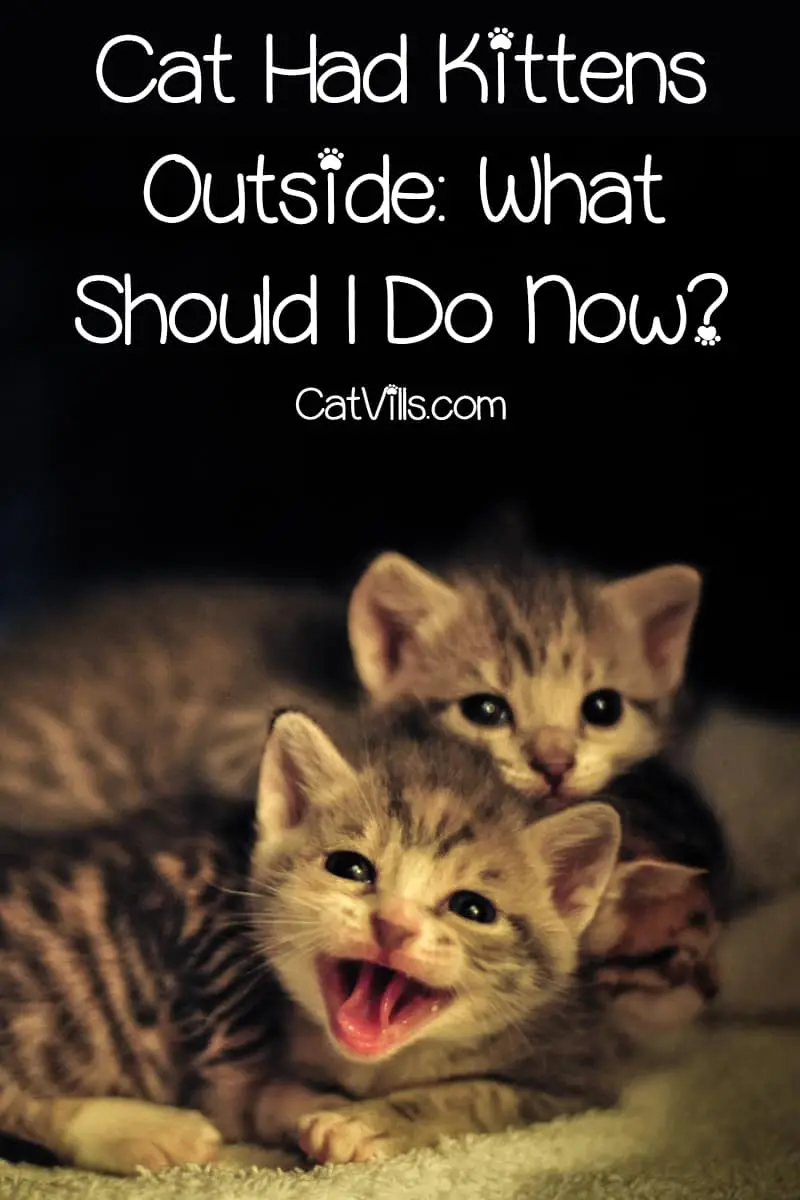
Cat Had Kittens Outside - Where They Hide Them and Why

How to Monitor Newborn Kitten Growth: 12 Steps (with Pictures)
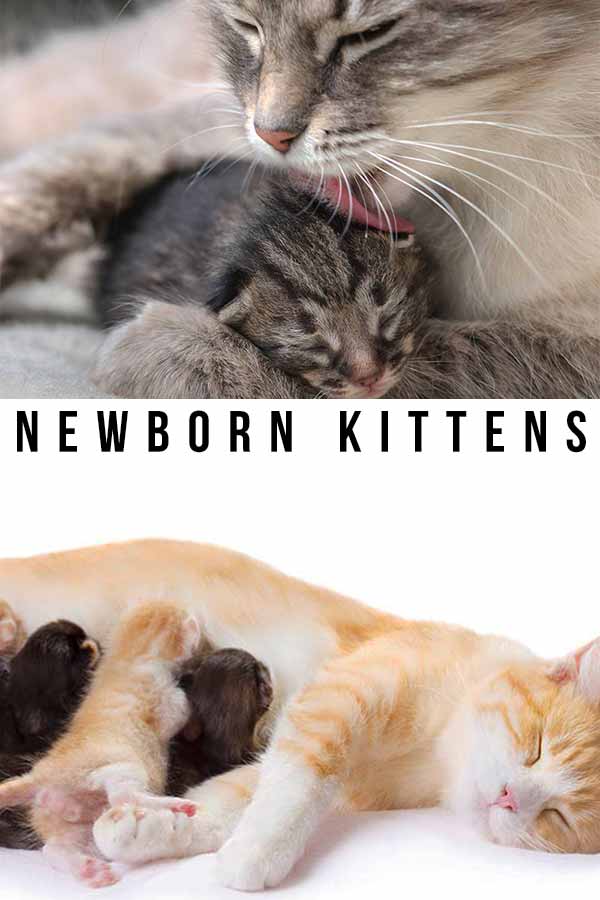
Newborn Kittens - A Complete Guide To Their Care And Development
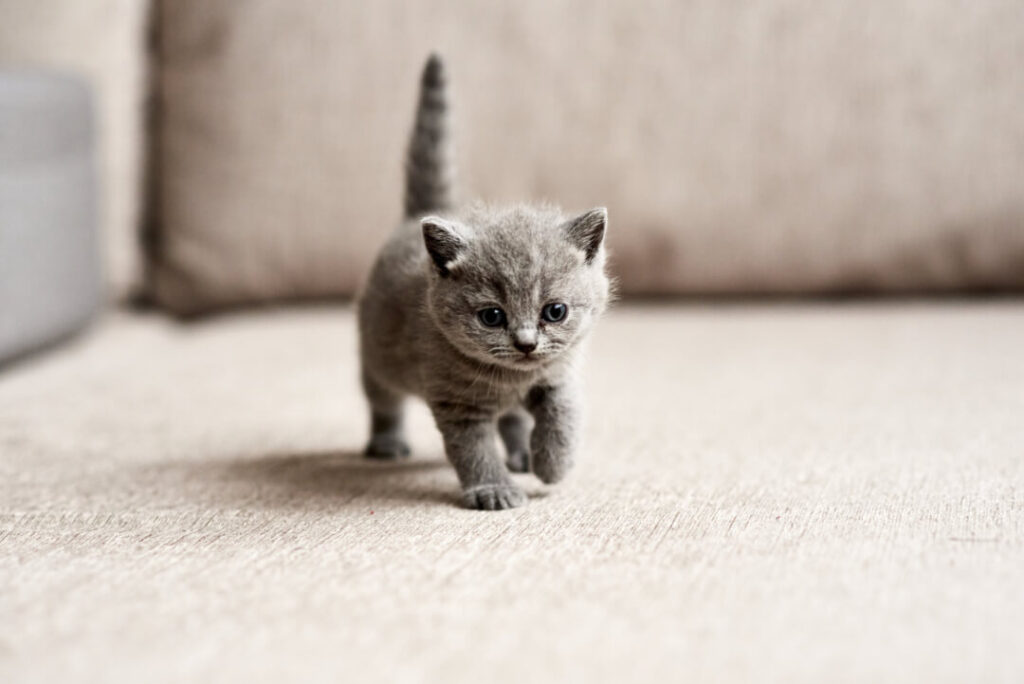
Kittens: What you should know about getting and raising one | Cat's Best
:max_bytes(150000):strip_icc()/GettyImages-669104280-59b45181b501e80014af40bc.jpg)
Is It Okay For Newborn Kittens To Twitch In Their Sleep - newborn kittens

How to Monitor Newborn Kitten Growth: 12 Steps (with Pictures)
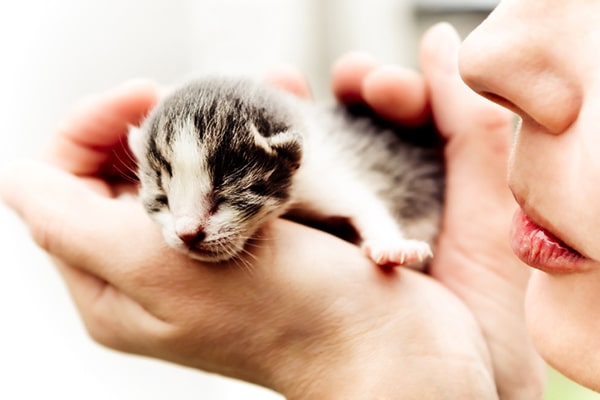
What Is Fading Kitten Syndrome and Why Do So Many Foster Kittens Die From It? - Catster
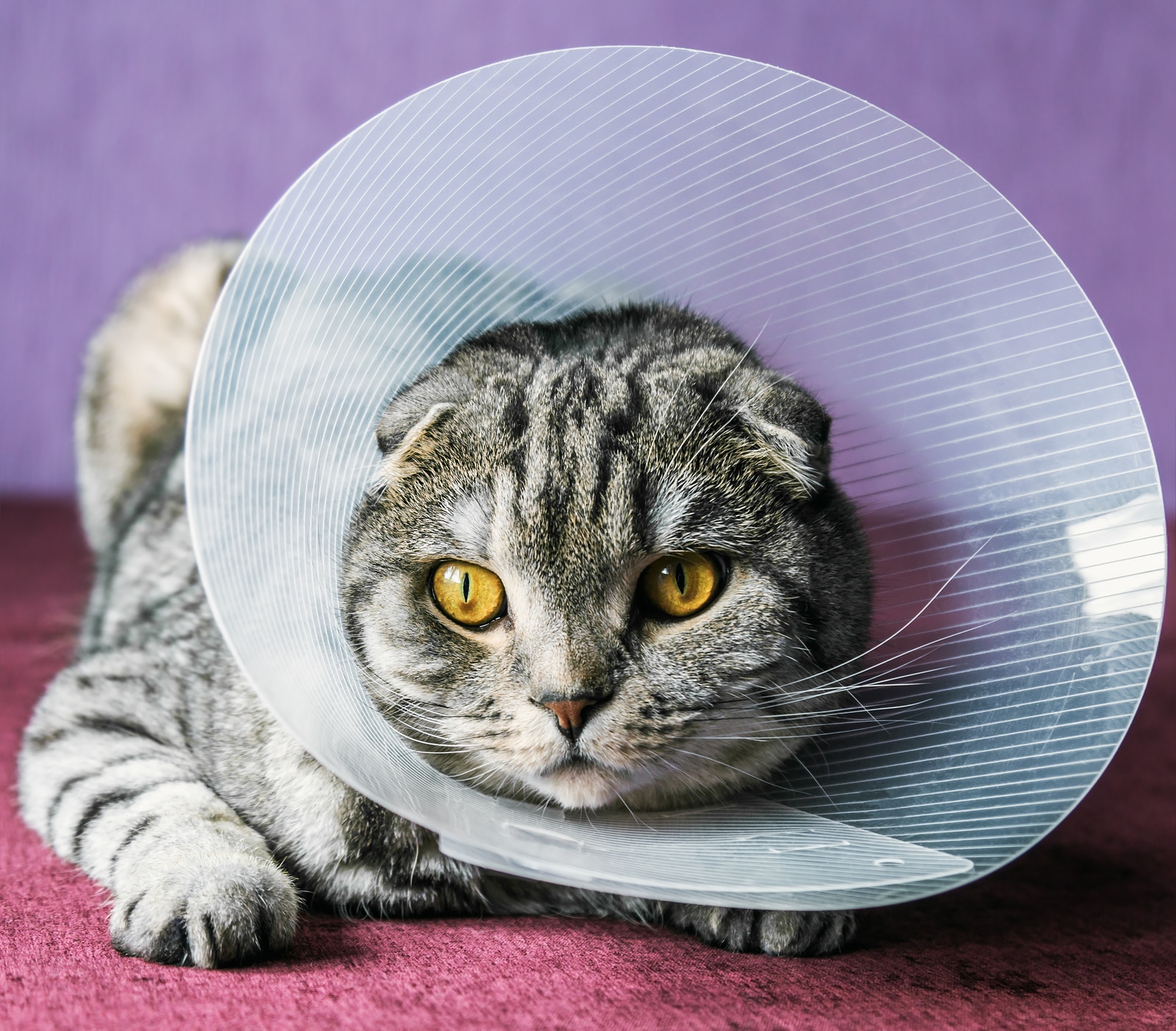
How to Care for a Sick Kitten | Hill's Pet
Posting Komentar untuk "do newborn kittens twitch in their sleep"